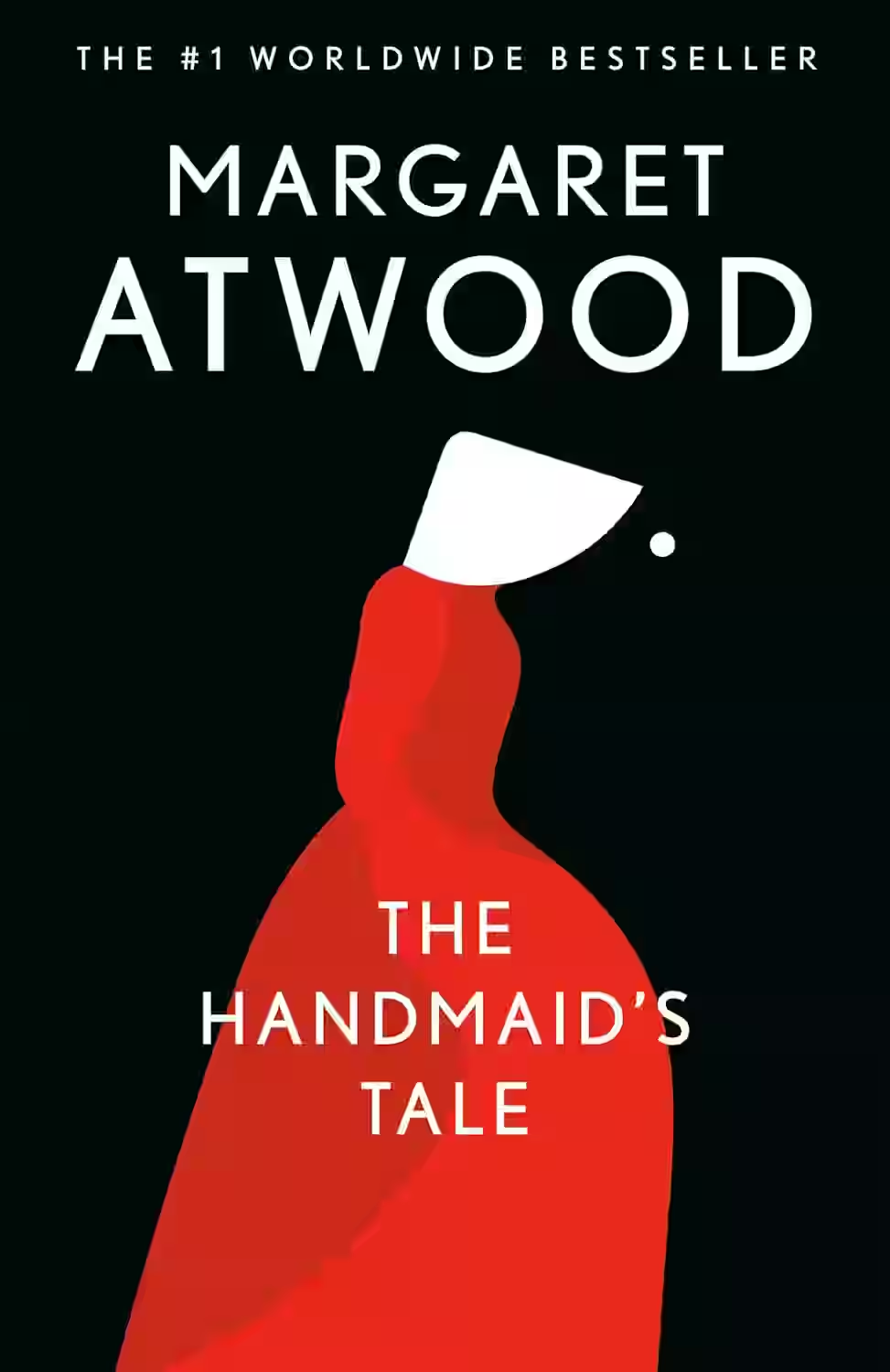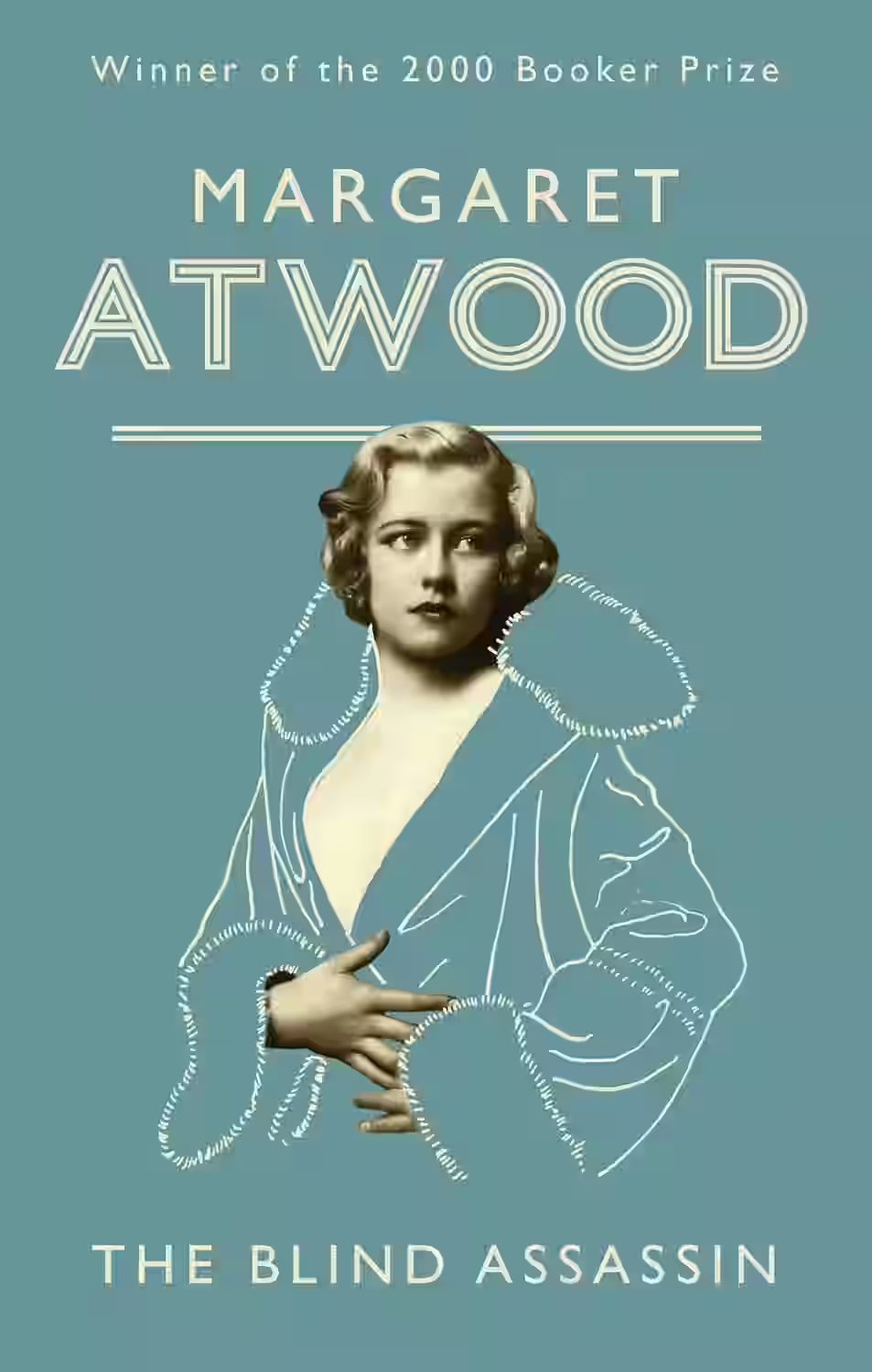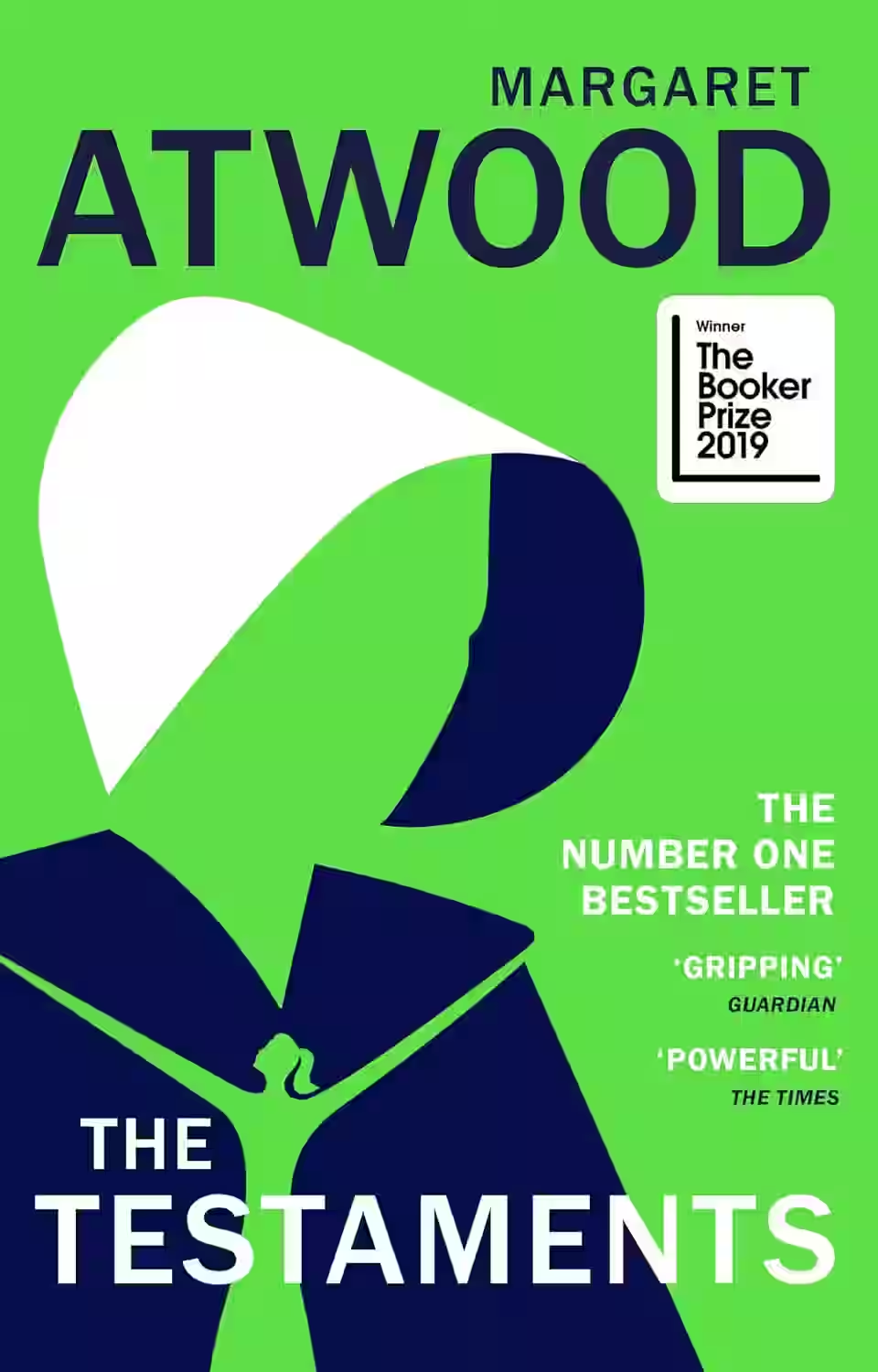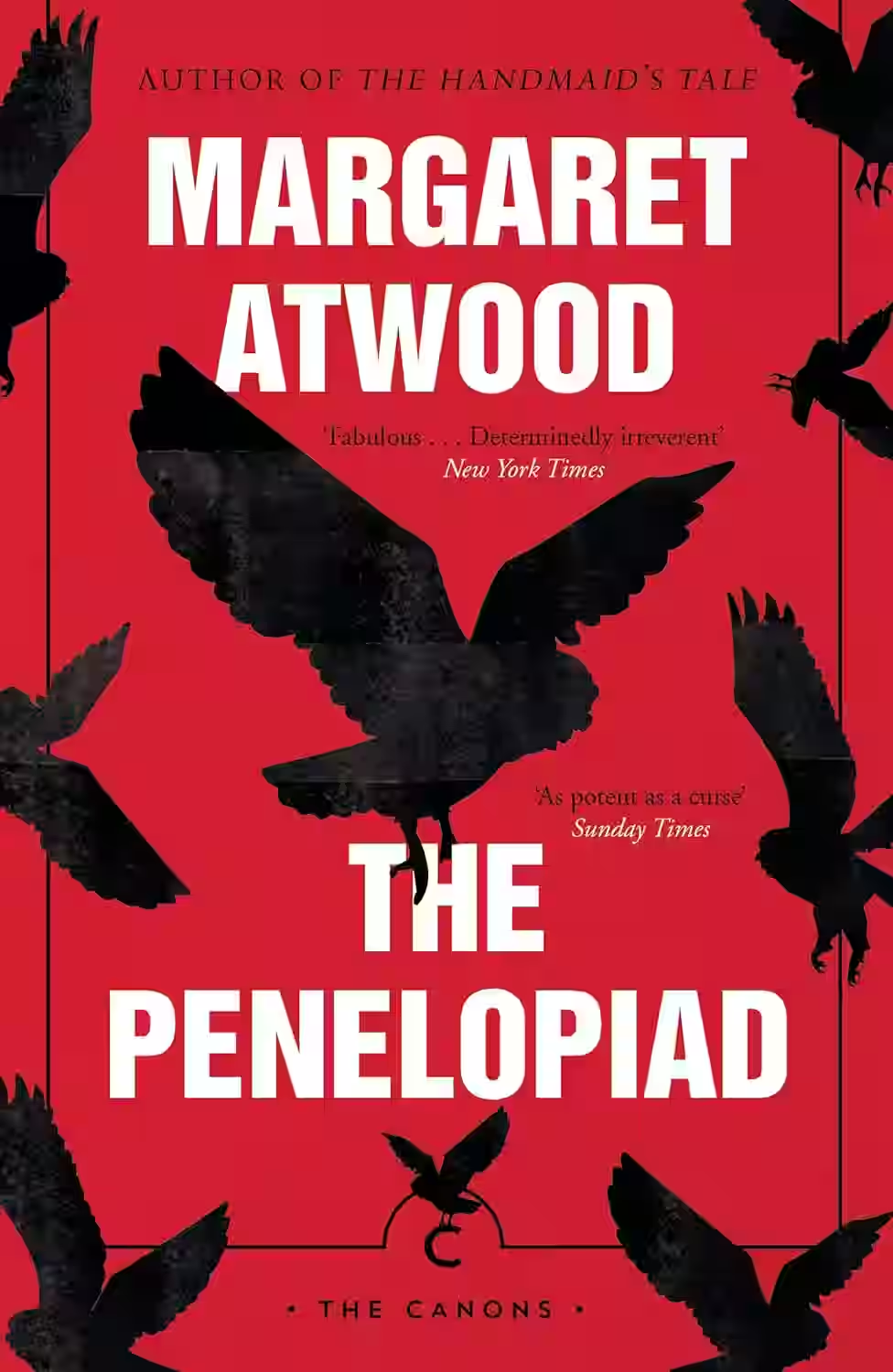
In the Republic of Gilead, a theocratic regime has stripped women of their rights and forced them into distinct social classes. Through the eyes of Offred, a Handmaid assigned to bear children for elite couples, we see a chilling exploration of gender, power, and resistance in a society that feels disturbingly possible.
About The Handmaid's Tale Series
Beginning with The Handmaid’s Tale, this dystopian series imagines a theocratic regime called Gilead, where women are stripped of rights and forced into rigid roles. Offred, a Handmaid, narrates her life of state-sanctioned servitude and silent rebellion. Decades later, The Testaments revisits Gilead through the perspectives of three women, revealing its inner workings and unraveling its fate. Atwood’s series blends chilling realism with speculative fiction, critiquing patriarchy, authoritarianism, and the abuse of power. Thought-provoking and haunting, the duology explores resistance, agency, and the enduring fight for freedom in oppressive systems.
About Margaret Atwood
A prolific and influential Canadian author known for her dystopian novels, feminist themes, and insightful social commentary. Works like The Handmaid's Tale and The Testaments explore power, gender, and environmental concerns with chilling prescience. Atwood's sharp prose and thought-provoking narratives have made her a vital voice in contemporary literature, challenging readers to consider the complexities of the human condition and societal structures.
Other Books by Margaret Atwood

The Blind Assassin
At eighty-two, Iris Chase lives in faded obscurity in Port Ticonderoga, a town once shaped by her wealthy family. Reflecting on her life and the tragic death of her sister Laura, Iris revisits the scandals that followed the posthumous publication of The Blind Assassin—a novel that earned Laura cult status. Set in the 1930s, the book-within-the-book tells of a secret affair between a fugitive and a privileged woman who escape into a sci-fi tale of Planet Zycron. As fiction and reality intertwine, themes of love, betrayal, and loss unfold. Margaret Atwood’s novel is haunting, darkly humorous, and masterfully layered.

The Testaments
Series: The Handmaid's Tale (#2)
A sequel to The Handmaid’s Tale, The Testaments is set fifteen years after the original novel. It follows three female narrators—Aunt Lydia, a powerful enforcer of Gilead’s laws; Agnes, a girl raised in Gilead; and Daisy, a Canadian teenager unknowingly tied to the regime. Their stories intertwine to expose the fragility and hypocrisy of Gilead’s power structure. Atwood crafts a thrilling and timely narrative that explores resistance, indoctrination, and female agency in a dystopian society. The novel deepens the world of Gilead while offering a glimmer of hope for its collapse.

The Penelopiad
Margaret Atwood's "The Penelopiad" offers a fresh perspective on Homer's legendary narrative by retelling 'The Odyssey' from Penelope's viewpoint. The novella paints a vivid portrayal of Odysseus' wife, Penelope, as she waits for his return while ruling Ithaca and dealing with suitors vying for her hand. Atwood interlaces Penelope’s narrative with a chorus of her twelve maids, offering a critique of historical injustice and the silencing of female voices. Through wit and poetic prose, Atwood explores themes of power, loyalty, and the complexities of female identity. This narrative reimagining sheds light on ancient myth, gifting readers with a story that is both timeless and eerily relevant to contemporary issues of feminism and justice.
Similar Books

The Memory Police
by Yoko Ogawa
Yoko Ogawa’s The Memory Police is a haunting dystopian novel set on an island where objects—and the memories of them—periodically vanish under the watch of a mysterious authority. The unnamed narrator, a writer, tries to preserve meaning and identity as reality disintegrates around her. When the Memory Police target a man hiding memories, she risks everything to protect him. With quiet intensity and lyrical prose, Ogawa explores loss, surveillance, and the fragility of memory in a world where forgetting is enforced. It’s a chilling and elegiac reflection on control, impermanence, and resistance.

1984
In a totalitarian future Britain, Winston Smith secretly rebels against the omnipresent government that controls reality itself through surveillance, propaganda, and the manipulation of language and history. When he falls in love with Julia, another rebel, their forbidden relationship becomes an act of political rebellion. The novel explores themes of truth, power, and human dignity in a world where independent thought is a crime.

The Knife of Never Letting Go
by Patrick Ness
Series: Chaos Walking (#1)
Set in a dystopian world where every living creature can hear each other's thoughts in a constant, chaotic stream called Noise, 'The Knife of Never Letting Go' follows young Todd Hewitt as he discovers a chilling secret that sends him on the run from his seemingly utopian society. As Todd navigates this cluttered world with his loyal dog Manchee, he confronts themes of adolescence, identity, and the oppressive nature of secrets. Patrick Ness crafts a gripping narrative that explores masculinity, the perils of ignorance, and the complicated path to maturity in a novel packed with suspense and emotional depth.

Under the Eye of the Big Bird
Hiromi Kawakami's "Under the Eye of the Big Bird" is a speculative fiction novel that imagines humanity on the brink of extinction in a distant future. Shortlisted for the International Booker Prize 2025, it unfolds over geological eons through a series of interconnected vignettes. In this future, humans live in small, isolated tribes, often overseen by AI entities known as "Mothers." Kawakami explores diverse forms of humanity and reproduction, with some children created in factories from animal cells, and others sustaining themselves like plants. The novel delves into profound questions about what it means to be human, examining themes of evolution, survival, love, connection, and the intricate relationship between humanity and technology. It's a meditative and unsettling vision of a faltering world, yet it also touches upon the resilience and enduring, if flawed, nature of human beings.